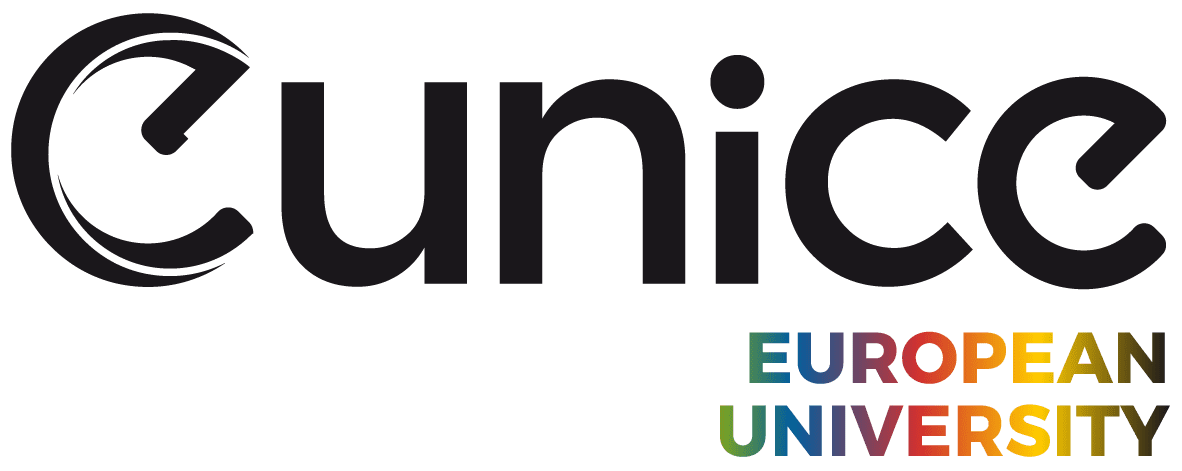On 11 February, female researchers from all EUNICE partner universities raised their voices to highlight the female role in research, through their own professional experience
On 11 February, EUNICE celebrates the International Day of Women and Girls in Science to give more visibility to female researchers. With this, we want to encourage women and girls to participate in science and pursue any of their goals. To this end, EUNICE presented successful female researchers from each partner university, who explained what their work in science is like. Everyone agrees: science is (also) a women’s issue!
Women are still underrepresented in the sciences. Currently, we are still far away from a balanced ratio between women and men; only one third of all people employed in science worldwide are women.
For this reason, among others, the United Nations decided at its General Assembly in December 2015 to establish the “International Day of Women and Girls in Science” and to celebrate it annually on 11 February. The aim of this day is to promote full and equal access for women and girls to participate in science.
We are pleased that many successful female scientists are already working in the EUNICE Alliance. We support equal gender participation and want to enhance the empowerment of women and girls in science.
Caption: scientists within the EUNICE Alliance.

EUNICE European University is committed to promoting equality and practicing inclusivity in all of its academic and research activities. Through its co-funded projects by the European Commission, EUNICE (Erasmus+) and REUNICE (EUNICE Research, H2020), the university aims to ensure that all individuals, regardless of their background, culture, or socio-economic status, have equal access to education and research opportunities.
By prioritizing these values, the university aims to create a supportive and diverse community that celebrates differences and promotes collaboration and innovation. Through these projects, the university works towards fostering a culture of tolerance, understanding, and respect for all individuals, while also addressing some of the most pressing social and economic challenges facing Europe today.





